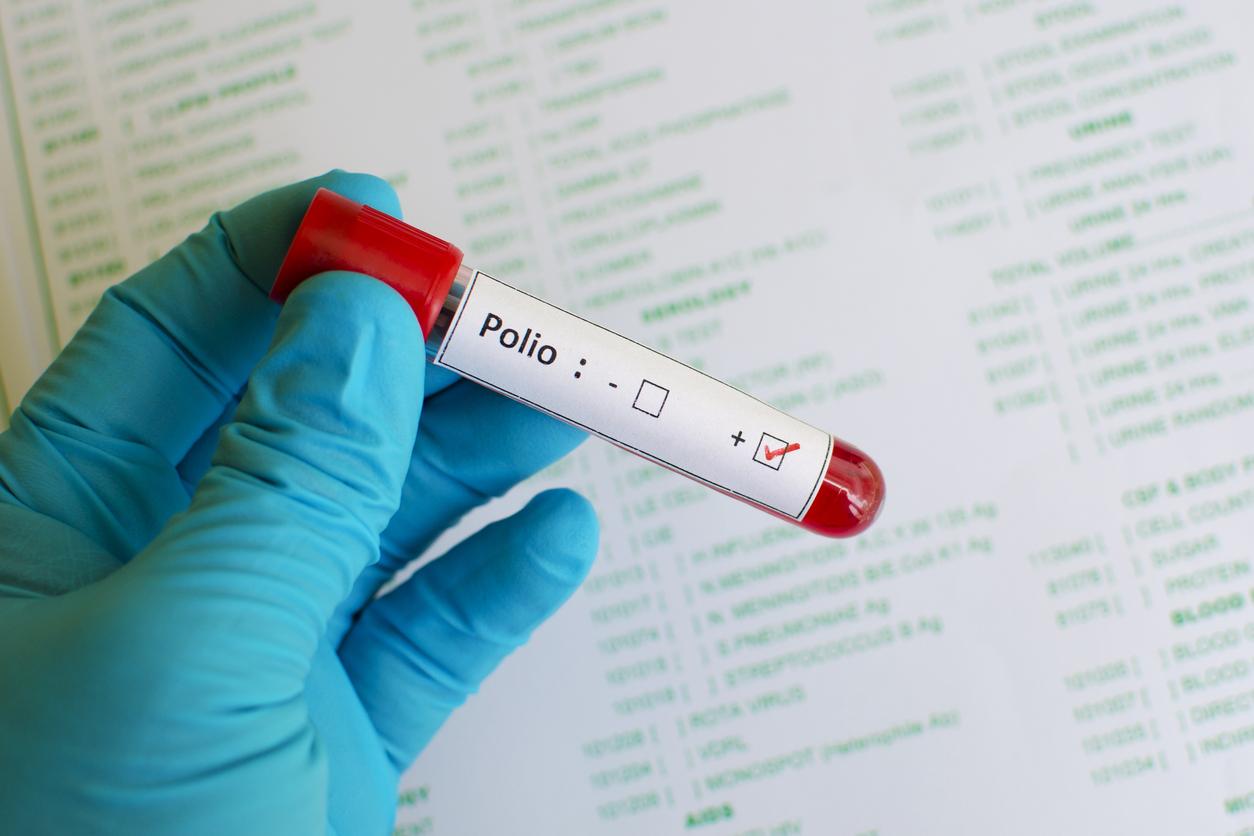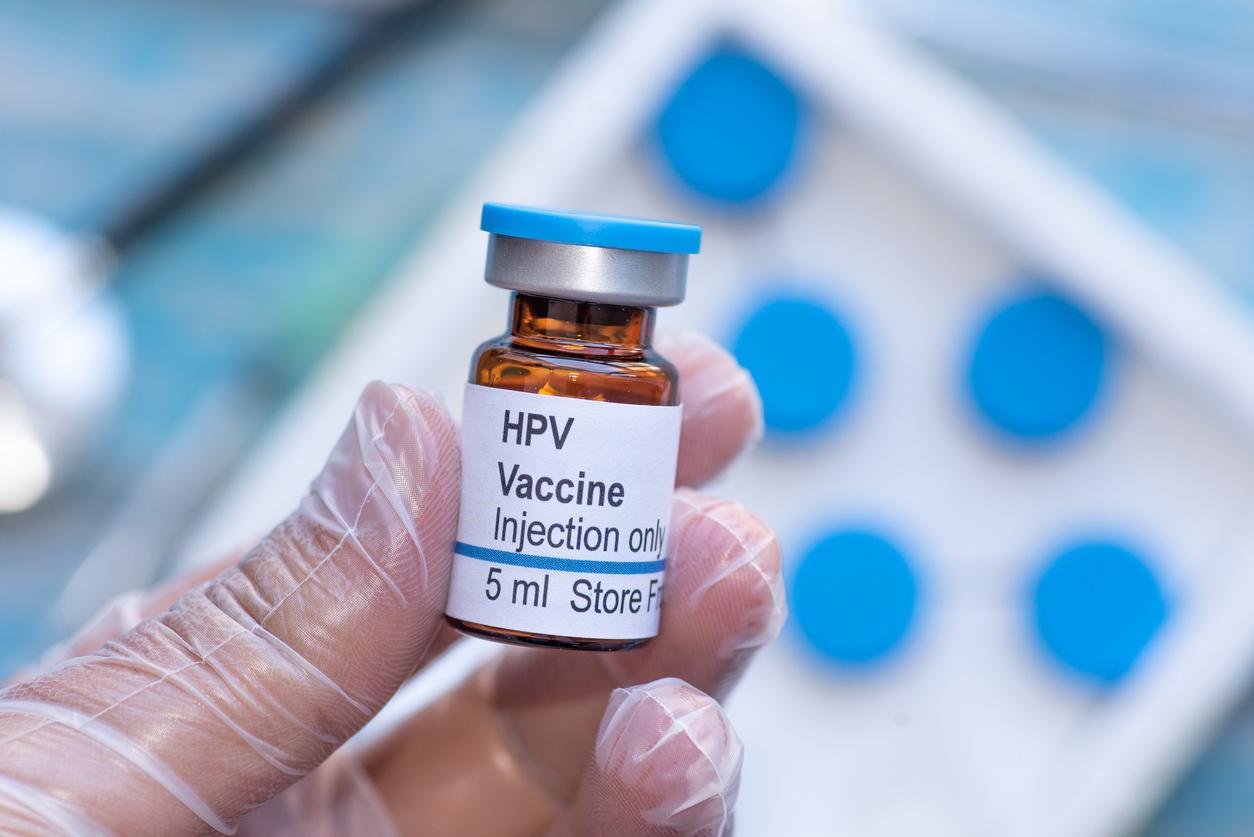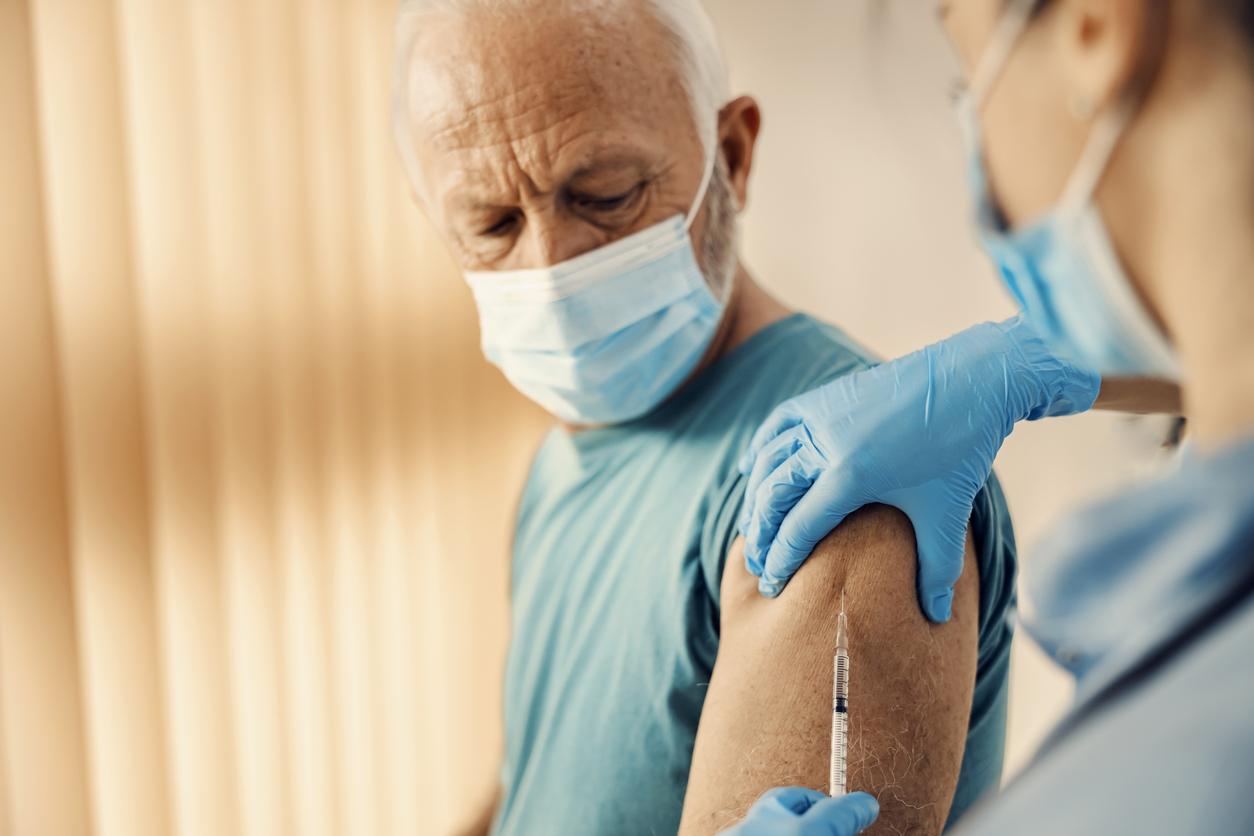
The use of the Sputnik V vaccine arouses a great deal of mistrust on the part of the countries of the European Union. According to the EMA (European Medicines Agency) its use is not recommended, yet the Russian vaccine is more than 91% effective according to a study by The Lancet.
“We need documents that we can review. We do not yet have any data (…) on people vaccinated. There is an unknown. This is the reason why I advise against granting a national authorization in an emergency ”, explained Sunday March 7, the president of the board of directors of the EMA, Christa Wirthumer-Hoche, during a talk show on the Austrian channel ORF. The Russian vaccine has still not been deployed in all member countries of the European Union. The president also added “We may have Sputnik V on the market in the future when the appropriate data has been investigated. The real-time review has now started at the EMA “.
Where is the Russian vaccine in the world?
Outside of Russia, the vaccine developed by the Gamaleïa laboratory (dependent on the Ministry of Health) has been approved in many countries such as Venezuela, Iran, South Korea, Argentina, Algeria, Tunisia, Pakistan. More recently, three EU member countries have also approved its use – Hungary, Slovakia and the Czech Republic.
How does the EMA approval process work?
The European Medicines Agency requires laboratories to continuously review data and clinical trials. This review lasts an average of two to four months before the vaccine is approved. To date, three vaccines are authorized in the European Union: those from Pfizer-BioNTech, Moderna and AstraZeneca. The American vaccine Johnson & Johnson is subject to an authorization request and should receive authorization from the European Medicines Agency on March 11.
91% effective but skepticism from Europe
This is the first vaccine developed by a non-Western country. The Russian vaccine is however at the top of the basket alongside Moderna and PfizerBioNtech with an effectiveness of nearly 91%. This is what the results of the study of medical journal “The Lancet“ at the beginning of February. In a commentary attached to the study, the authors of the study nevertheless explain that “the development of the Sputnik V vaccine has been criticized for its haste, the fact that it has skipped steps and a lack of transparency. But the results reported here are clear and the scientific principle of this vaccination is demonstrated ”. Brussels is not reassured, however. “I wonder how Russia can promise such a volume of doses when the vaccination of its own population has not progressed satisfactorily” said on February 16 Ursula Von der Leyen in “Les Echos”.

















